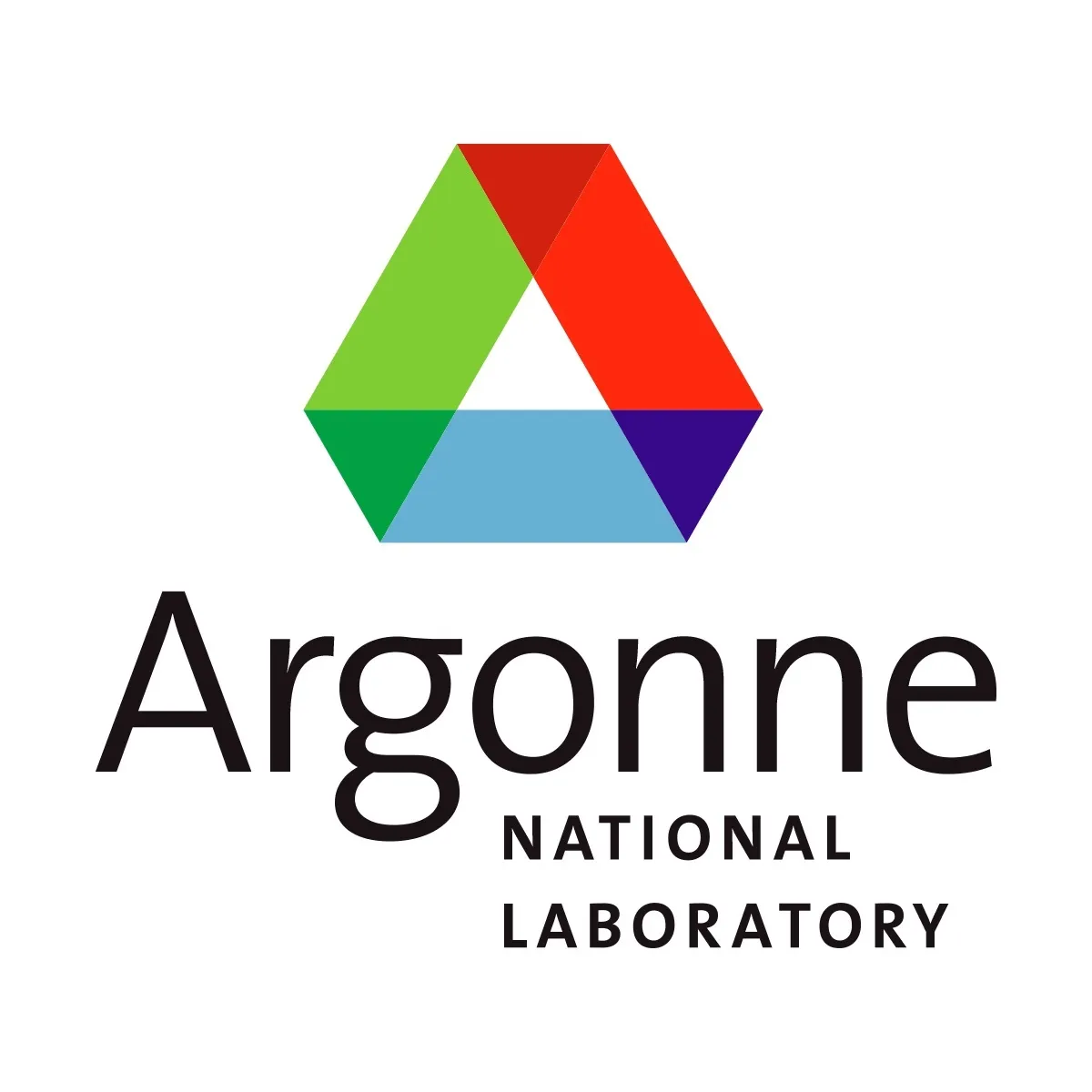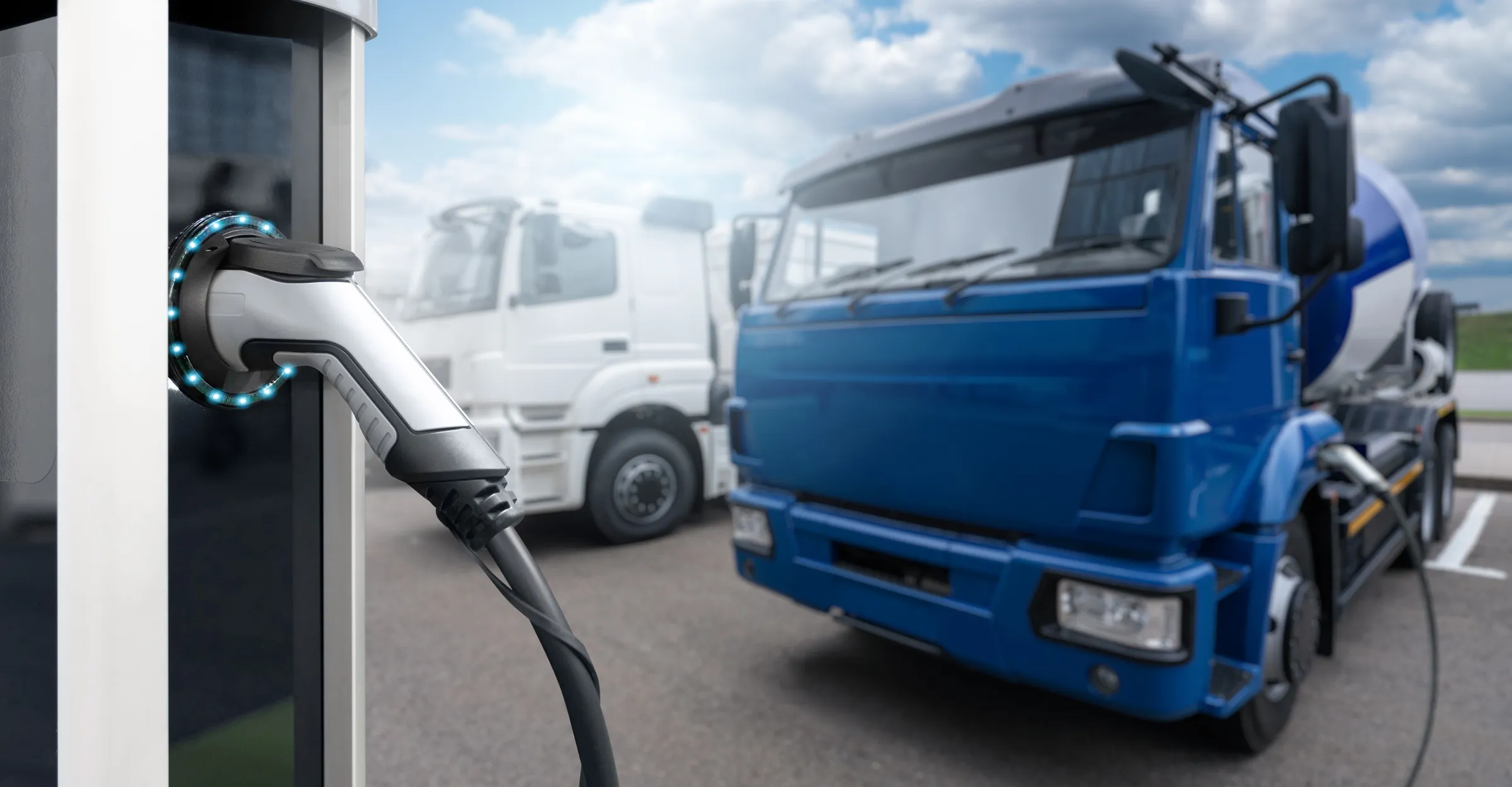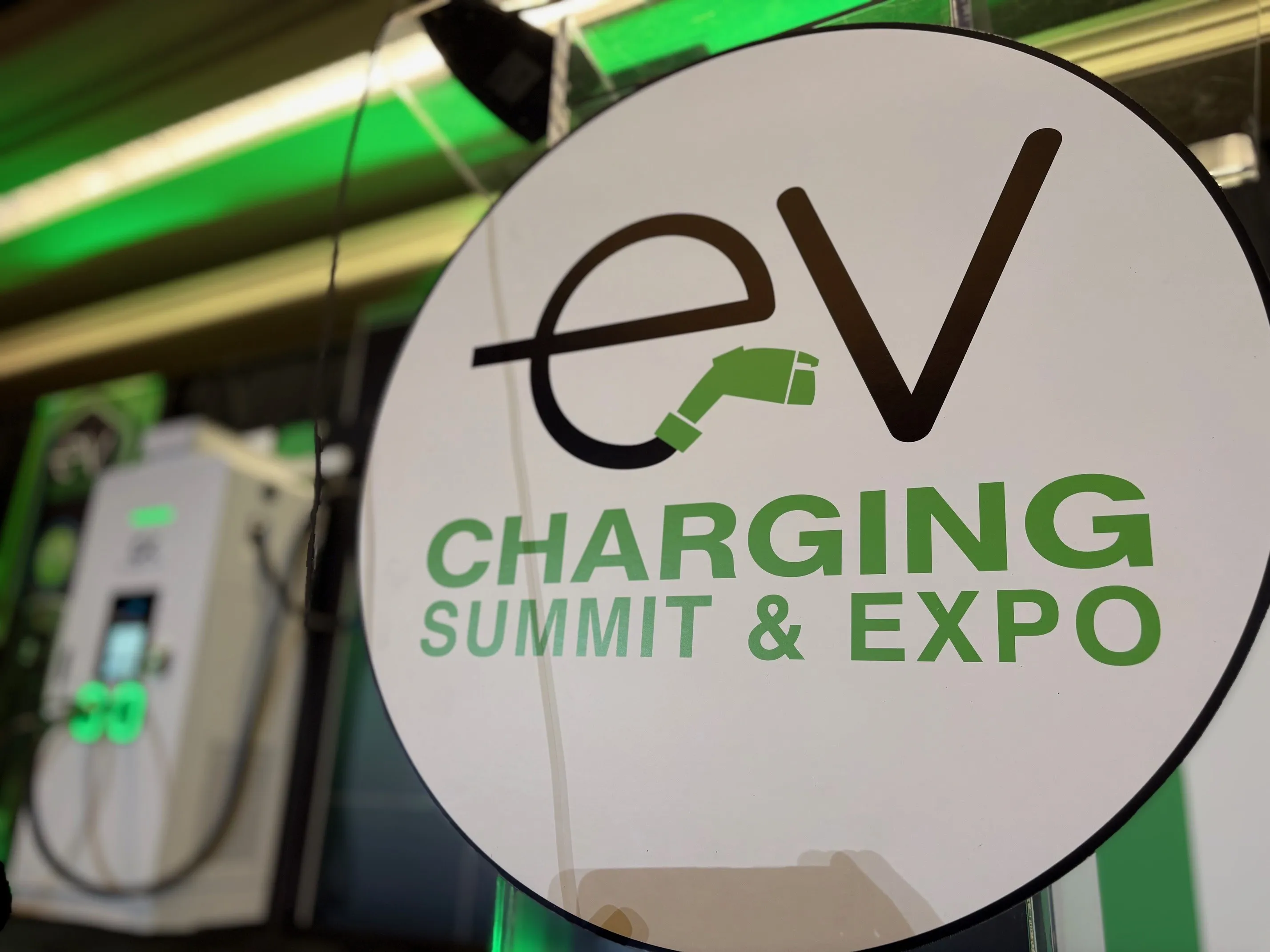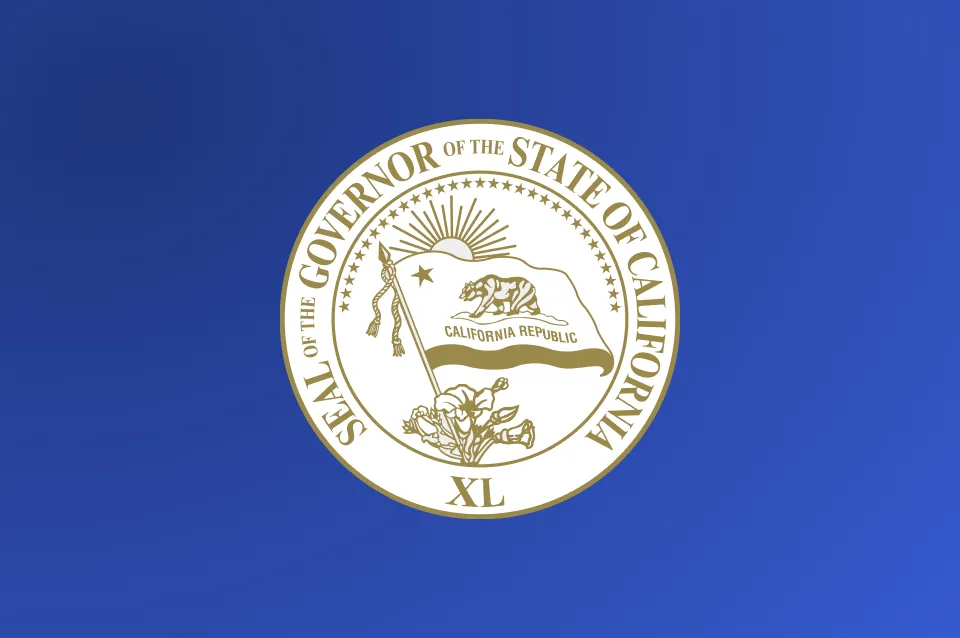
The pilot uses Everledger's technology platform to track EV batteries throughout their lifecycle to ensure responsible management during use and recycling at the end of their useful life. Everledger says this will allow Ford to gain visibility on out-of-warranty batteries, validate responsible end of life recycling, and gain access to data such as recycled critical minerals produced and associated CO2 savings.
Everledger and Ford will use the battery passport solution to track batteries in various late and newer EV models for six months, working together with US lithium-ion battery recyclers Cirba Solutions and Li-Cycle.
To track the battery lifecycle Everledger uses a range of technologies including various types of auto ID, blockchain and artificial intelligence (AI). During manufacture, Ford batteries and their inner modules are tagged with 2-D data matrix codes, which are then scanned with a cell phone by each organisation as the battery changes hands. These scans allow otherwise separated links in the value chain to report on and access information about a battery's location, chemistry and other attributes and activities taking place, for example transportation, disassembly and recycling.
The Everledger-Ford pilot comes ahead of the new European Battery Regulation that will come into force in late 2022/early 2023 and require manufacturers to report on their extended producer responsibility for proper battery recycling. This pilot, conducted in the North American market, demonstrates how combinations of advanced technologies can streamline regulatory compliance and add efficiencies across the value chain.
"The Everledger Platform will verify a battery's material provenance, chemistry and identity; and measure its sustainability and environmental impact alongside creating a multi-billion-dollar global market for used batteries that maximises the recovery of raw materials and accelerates the development of climate-friendly mobility,” says Leanne Kemp, founder and CEO of Everledger.
After six months of testing, Everledger will release the battery passport commercially, confirming the company has a series of other automotive manufacturers and participants in the battery lifecycle interested in adopting and using the technology.








